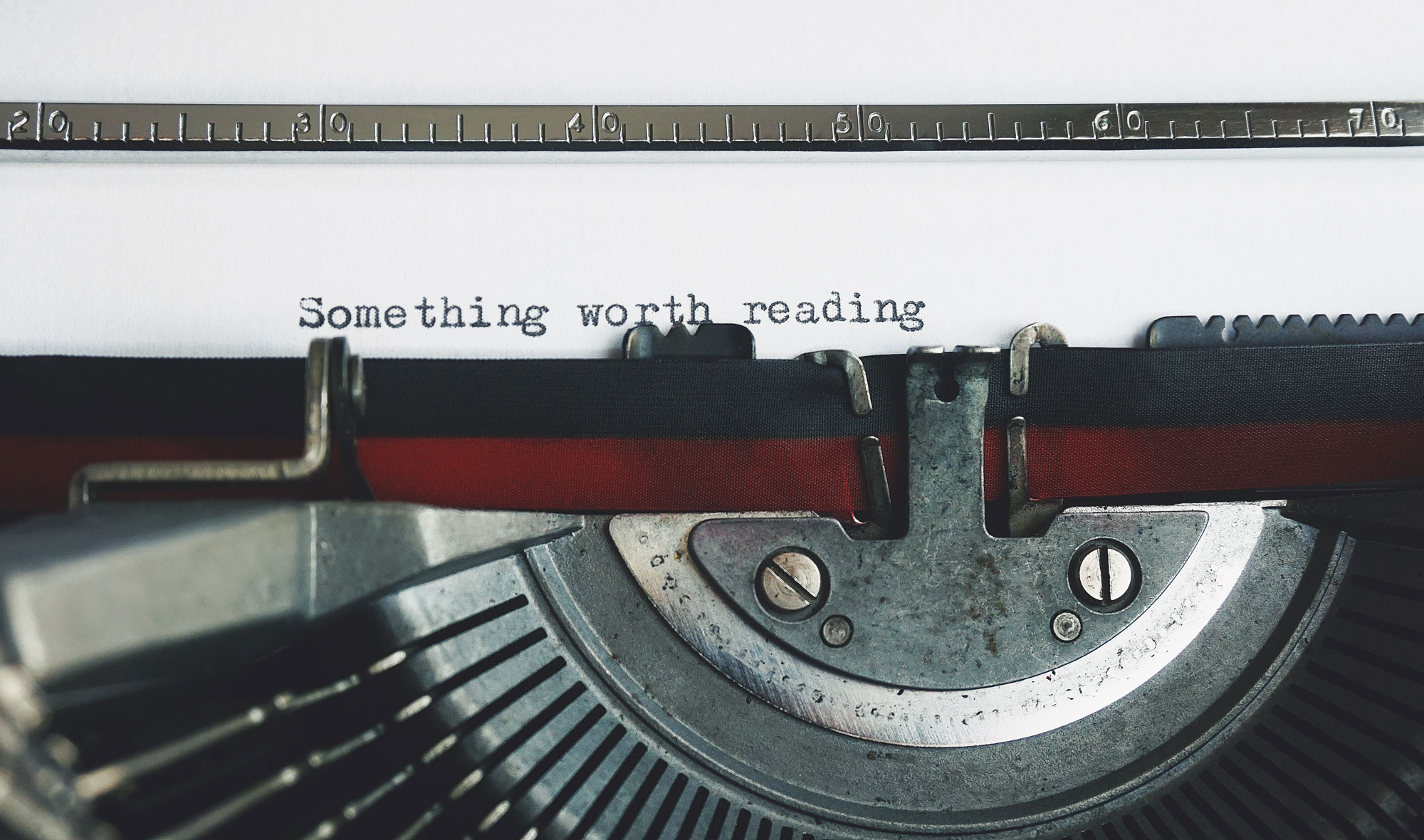Which book (or other media) would you say is your largest influence?
- My favorite book is the Bible–both the New and Old Testament. The stories give me strength and insight. Everyday, I read The Wall Street Journal and I watch almost all the documentaries on CNN.
What part of the book was the most difficult to write?
- There were some scenes that didn’t make it into the book, such as my mother being in a coma for ten years, because they were just too painful to relive. One scene, when my students chanted my highschool nickname in order to humiliate me, was so painful I had never talked about it before. I cared so much about my students and was really hurt that they would mock my nickname (Mouse) and my life long eye twitch–something I left out of the book. Ironically, the experience made me immune from further shaming, and writing about it was very therapeutic.
What was the seed of the book, or the very first thing that came to you as you started the writing process?
- I started writing during my first days of teaching at Boys and Girls High School in Bed-Stuy, simply because the experience was so unique. At the time, on my teacher’s salary, I was having some financial problems so I moved to a cheaper apartment in the East Village. I’d wake up several times in the night, remember incidents and insights from the day, and write them down. I’d stick that note to my wall and then go back to sleep. By the end of the year, my wall was covered in notes and though I didn’t know it at the time, those notes formed the cornerstone of Goodbye Homeboy.
Did the book change a lot through different drafts?
- Back when I first wrote the book, I didn’t understand the critical value of rewrites so I went through just two or three drafts, all covering an eight-year period and many classes. Despite my tenacity, the book was rejected by publishers about 1,250 times. I didn’t read a single one of their letters. Many years later, I picked up the book again. With the help of my gifted writing partner Debra DeSalvo, I developed a strong book proposal that, after more rejections, finally found a home at BenBella Books. That’s when I went back and read through the 1,250 rejection letters for the first time and found invaluable feedback. Culling through those criticisms and ideas, I refocused the narrative on just one class over one year and the rest is history. One of the letters really stood out to me. It was 18 pages of direct and brilliant advice. I felt so ashamed that this editor had taken so much time to share her thoughts and I didnt read the letter for at least ten years. I took my time and crafted a thoughtful apology letter to her, doubting I’d ever get a reply. Within 20 minutes, I saw the words, “Dear Steve: I knew you would write” and a shiver went down my spine. All these years, she remembered my work and career and had never for a moment been upset that I had not replied!
Was this book easier or more difficult to write than others you’ve written?
- I would say that it was more fun. With all of my books, I have had the honor to work with talented professional writers–both Debra, and Tony Towle, a kind and patient writer to whom I owe a lot. Every Sunday, from 1981 to 2013, I wrote for six hours before handing it off to a professional. Writing textbooks can be very technical so it was important that we got the wording and format right.
Is this a book that could be easily adapted to other media (movie, podcast, etc.)? How much do you think an adaptation might change it?
- I know it will make a great movie and even a Broadway show. The arts have an undeniable power to impact and change society, something I have always admired. The screenplay for Goodbye Homeboy is done and now I am going Sundance Film Festival to talk to people about how my story might help educators worldwide. The seemingly minor breakthrough of teaching young people, particularly those that are without financial resources or have limited interest in school, has been ignored by the educational establishment. I do not agree with the dropout factories that are so common today, and I think every child has a competitive advantage. Entrepreneurial Education should become part of the educational system as a global initiative and that will change for the better the educational systems of the world.
Do you have any advice for aspiring writers?
- First of all, know that writing is therapeutic. Every fear and anxiety I have had has improved when I wrote about it. It has always been a way that I got my own thoughts organized. My advice is to write every day and consider it a gift.

